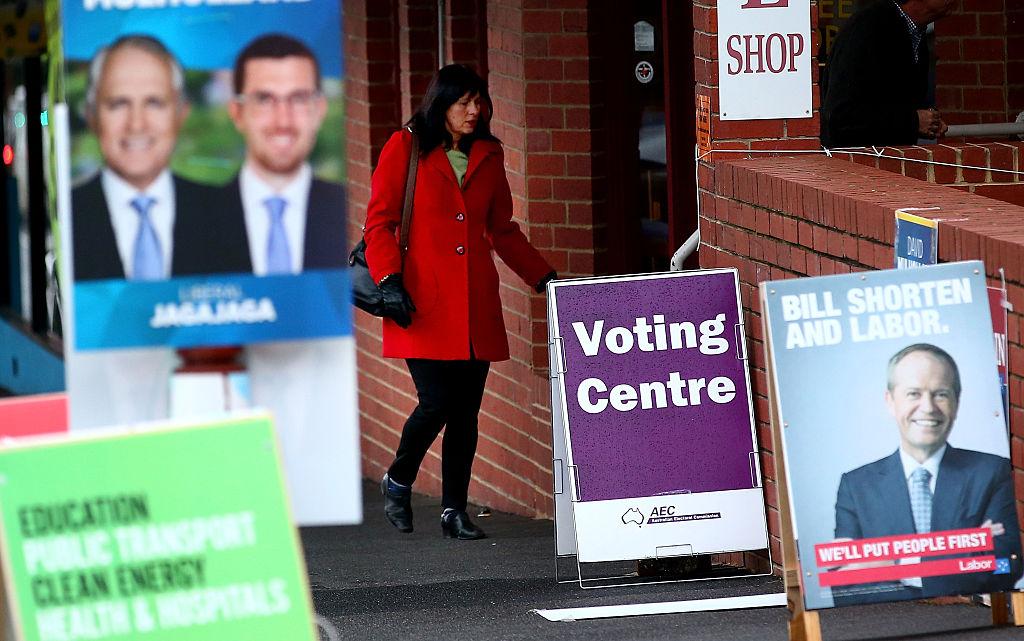The electoral body of Australia’s most populous state is recommending the gradual adoption of a national electronic voting system in the country, along with moves to adopt a national ID next year.
The New South Wales Electoral Commission’s review into “technology-assisted voting (TAVs)” examines whether technology should be included in the electoral process to not only make voting easier for disabled individuals but to also bring government services up to date with the “digital age.”





